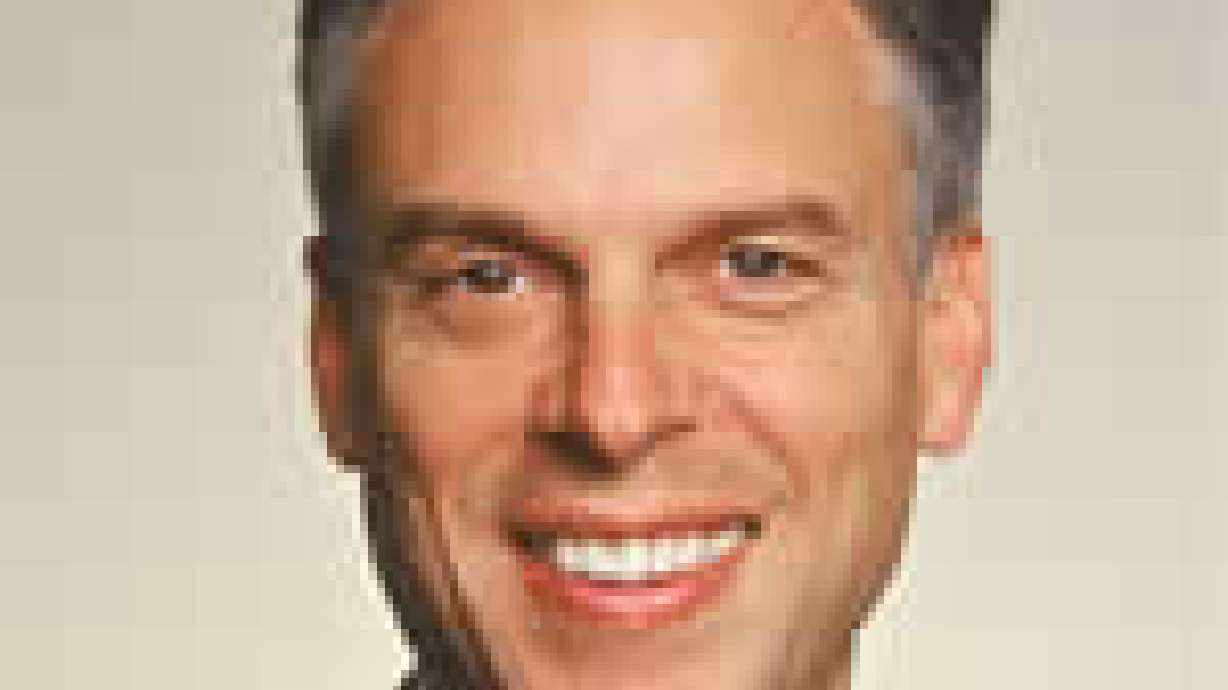Estimated read time: 3-4 minutes
This archived news story is available only for your personal, non-commercial use. Information in the story may be outdated or superseded by additional information. Reading or replaying the story in its archived form does not constitute a republication of the story.
SALT LAKE CITY (AP) -- Utah's strong economy should provide the financial support to accommodate as many as 155,000 additional students over the next decade, Gov. Jon Huntsman said Thursday.
Huntsman's comments contradicted claims that Utah needs to subsidize kids who choose private schools because it won't be able to afford to put them in public schools. It's an argument made by people who support vouchers in the Nov. 6 election.
The state Office of Education has predicted a net increase of 155,000 students from 2006 into 2016, prompting talk about whether tax revenue will match that growth.
"Nobody knows the answer to that, but it is our expectation," Huntsman said at his monthly KUED news conference. "With that influx of new (students) you're going to have an influx of new workers."
The state has about 540,000 students, up from 525,000 in 2006. Proponents of private-school vouchers claim taxes would have to be raised if more families stick to public schools.
Under the voucher program, parents would be given $500 to $3,000 per child to spend on tuition at a private school. Voters will decide the fate of the program in a statewide referendum.
Huntsman said strong economic growth will increase income-tax revenue, which pays for public education.
It was one of the few departures Huntsman has made from conservative lawmakers, who are pushing to win voters in the home stretch of the voucher campaign.
Huntsman, a voucher supporter, appeared at a news conference last week with voucher proponents who displayed charts showing Utah's rising enrollment and touted tuition subsidies as a way to prevent future tax increases for public schools.
Huntsman, however, didn't address those issues at that event.
Instead, he spoke about why he supports vouchers. His comments were turned into a TV ad Monday for the pro-voucher group, Parents for Choice in Education.
Huntsman has said he didn't want to become a "poster boy" for the voucher movement and didn't plan to be in any commercials. He has been criticized by many conservatives for not taking a more public role in the hot election issue.
He said Thursday that he had "no idea" that TV cameras from the voucher group would be at the news conference.
Although recent opinion polls show vouchers failing in the election, Huntsman said much can change in less than two weeks. Regardless of the outcome, he said he would focus on increasing teacher pay in the upcoming legislative session.
By signing the voucher bill into law, Huntsman signaled a willingness to use money from the state's general fund to pay for education, even if it's at private schools. The state has a separate fund to pay for public education.
Early revenue forecasts predict Utah will have a surplus of $200 million to $400 million to spend or offer in tax cuts when lawmakers return in January.
Huntsman said he would not push for a tax cut in 2008, unlike previous years. Those tax cuts were criticized by Democrats and educational organizations wanting money for teacher raises and smaller classes.
Utah has the nation's largest classes and spends less per student than any other state.
(Copyright 2007 by The Associated Press. All Rights Reserved.)









